London-based watchdog Amnesty International said Washington, too, “likely” violated the human rights of detainees in the custody of the YPG, who are affiliated with the terrorist group PKK.
Camps and prisons run by the YPG/PKK still hold more than 56,000 detainees with alleged or perceived links to Daesh, five years after the terrorist group was ousted from its last territory in Syria.
They include Daesh suspects locked up in prisons, and wives and children of Daesh members held in the al-Hol and al-Roj internment camps.
They “have committed the war crimes of torture and cruel treatment, and likely committed the war crime of murder,” Amnesty’s Secretary General Agnes Callamard said.
“The U.S. government is supporting” the detention system and in some cases “is committing violations itself,” an Amnesty report said, concluding that Washington “likely violated the human rights of many of those who have been within its effective control.”
Al-Hol is the largest internment camp in northeastern Syria, with more than 43,000 detainees from 47 countries, many of them family members of Daesh members.
The YPG has long urged foreign governments with nationals in the camps to repatriate their citizens but Western governments have responded slowly for fear of domestic backlash.
Amnesty said some 94% of residents at al-Hol and al-Roj were women and children, noting “no one in these camps has been charged or given the opportunity to challenge their detention before an independent judicial authority.” The camps and prisons likely hold thousands of human trafficking victims, including women and girls forcibly married to Daesh members, it said.
An Agence France-Presse (AFP) investigation at al-Hol found residents lived in dire conditions, with evidence of child sexual abuse.
Amnesty said torture was carried out “systematically” in prisons run by the YPG, including “severe beatings, stress positions, electric shocks and gender-based violence.” It said U.S. forces had access to the detainees, noting that Washington had provided “hundreds of millions of dollars” to the YPG over the years.
A former detainee told Amnesty that U.S. soldiers “checked on the prison, and they searched us, and all of our rooms … They could see the people who were injured from torture.” Callamard said: “The U.S. government has played a central role in the creation and maintenance of this system … and must play a role in changing it.” She called on the U.S. government, the YPG and the United Nations to bring the “shameful” detention system “into compliance with international law.”
The YPG has grown stronger in the region, particularly in Deir el-Zour province, home to Syria’s largest oil wells, thanks to material support from the United States. The issue strains Turkish-U.S. ties as Ankara warns its NATO ally against aiding terror elements that threaten its national security, something Washington continues to do despite promising to remove the group from the Turkish border area.
Since Jan. 1, 2023, the terrorist group has carried out 560 attacks falling under Türkiye’s counterterrorism operations in Syria and 1,605 terrorists have been eliminated, the Defense Ministry announced in January.
Last month, Ankara reiterated its call to the U.S. to end its support for the YPG after a high-level visit to the terrorist group. “The U.S. continues to support the PKK/YPG/SDF terrorist organization under the pretext of fighting against Daesh. It is not possible to fight a terrorist organization using another terrorist organization. So the fight against terrorism cannot be done with terrorists,” a Defense Ministry source told reporters.
In late February, United States Central Command (CENTCOM) Commander Gen. Michael “Erik” Kurilla visited the al-Hol and al-Roj camps. “Our expectation from friendly and allied countries is to stop aid and support to the PKK/YPG/SDF terrorist organization and to provide sincere support to our fight against terrorism,” the source said.
Türkiye continues regular operations against the YPG presence in Syria. Ankara has launched a trio of successful counterterrorism operations since 2016 across its border in northern Syria to prevent the formation of a terror corridor and enable the peaceful settlement of residents: Euphrates Shield in 2016, Olive Branch in 2018 and Peace Spring in 2019 – operations that the U.S. had opposed. In addition, the Turkish army and the intelligence agency occasionally carry out precision strikes targeting PKK/YPG members.

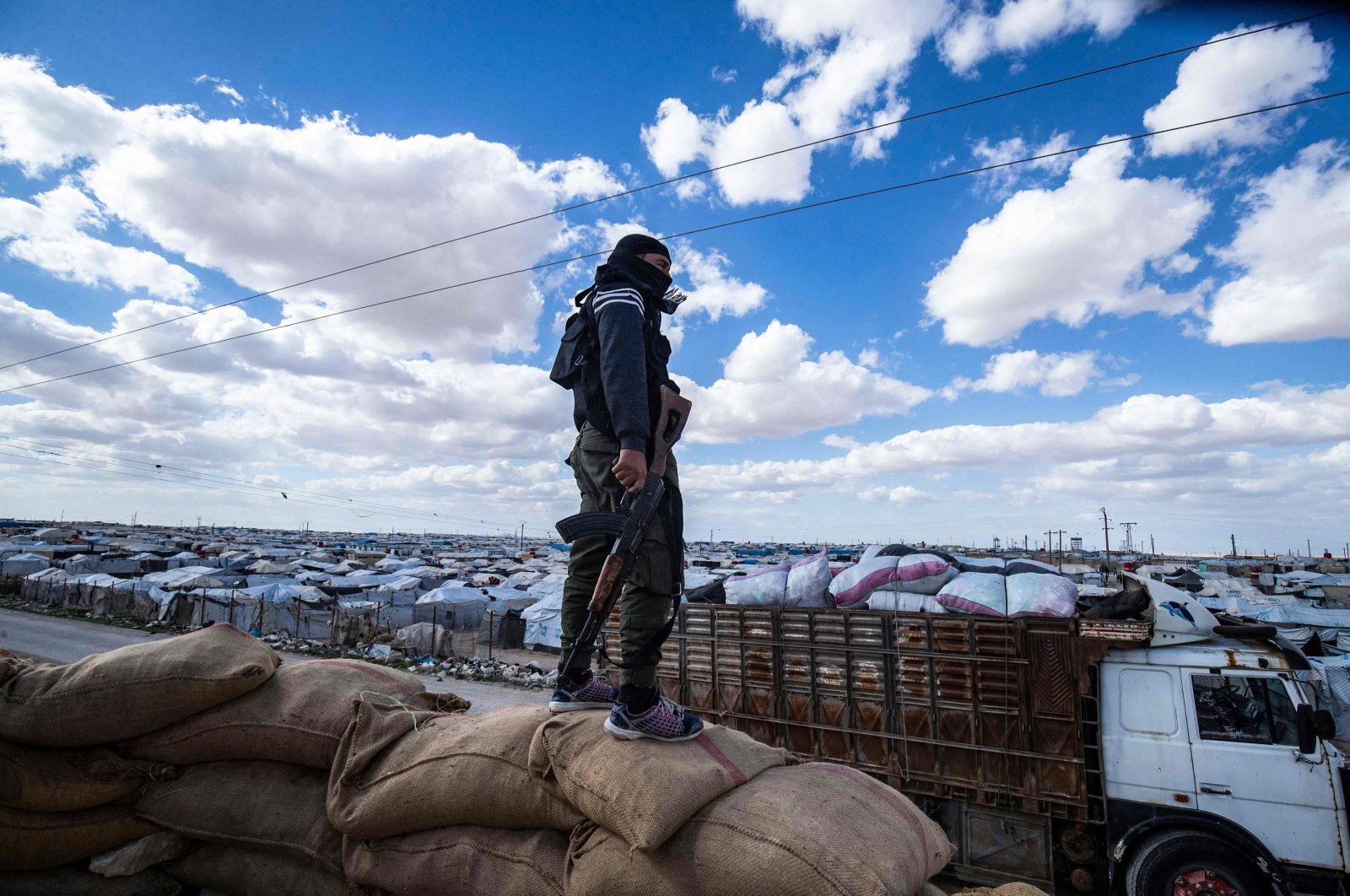















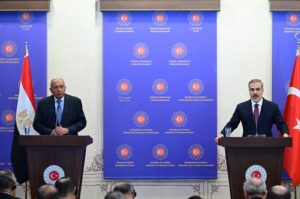

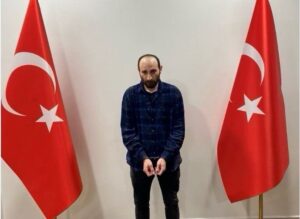
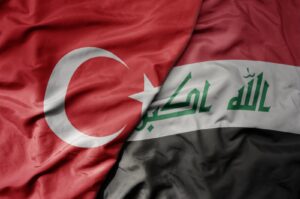

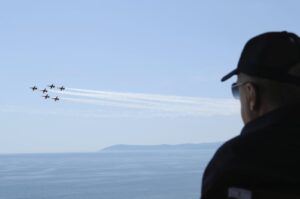
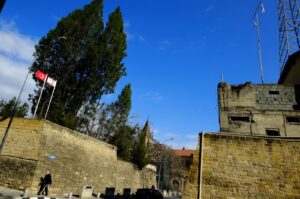


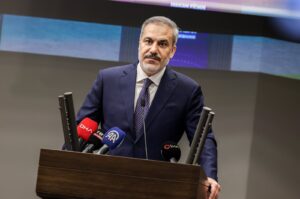

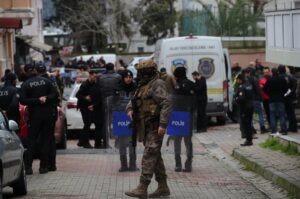


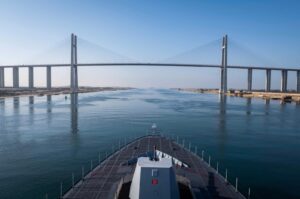
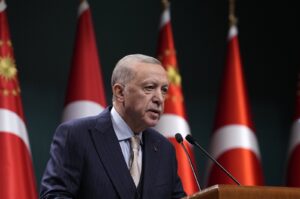
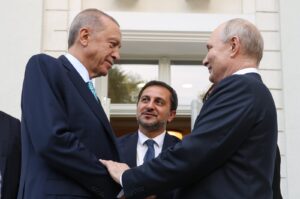
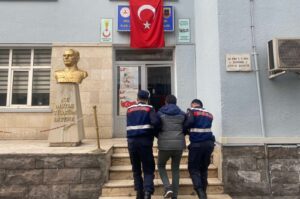
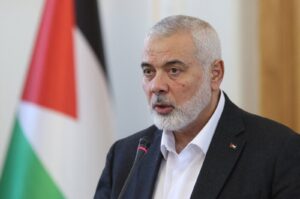
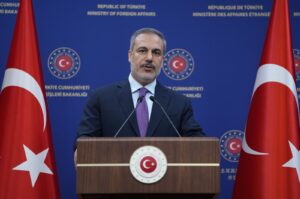


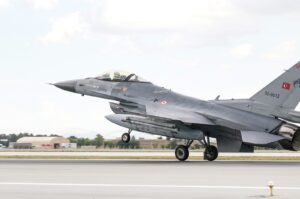
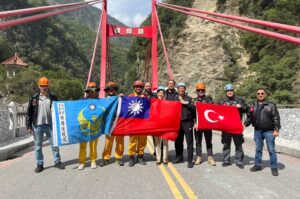
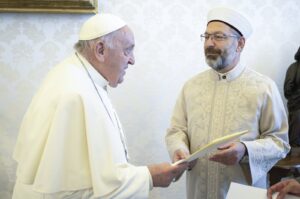


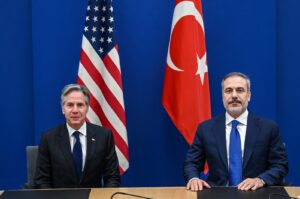
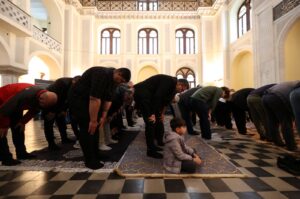



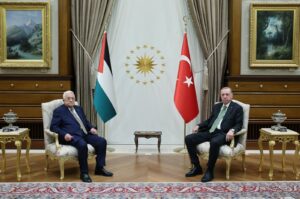

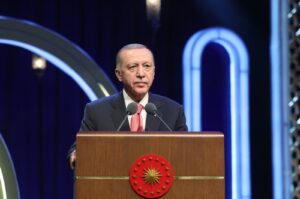
Be First to Comment